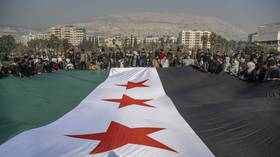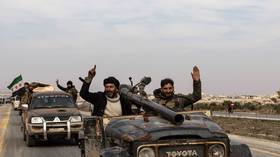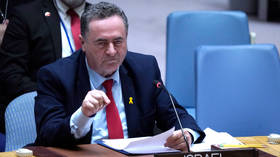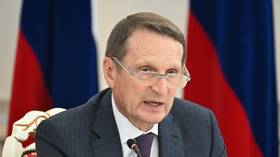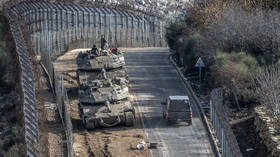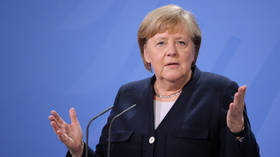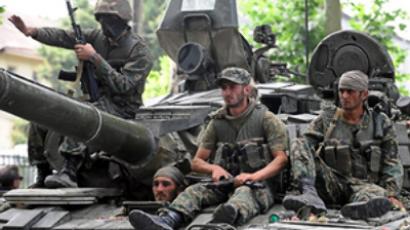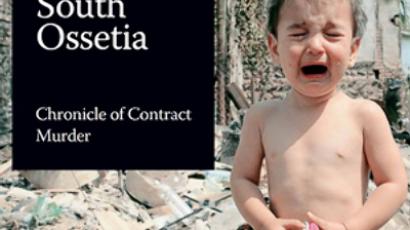New York Times report questions Georgia’s role in Ossetian war
The New York Times has published an article which questions Georgia’s account of the conflict in South Ossetia in August this year. Based on the observations of OSCE monitors, it reports that Georgia was not acting defensively, but started the shelling of
“The accounts suggest that Georgia’s inexperienced military attacked the isolated separatist capital of Tskhinvali on August 7 with indiscriminate artillery and rocket fire, exposing civilians, Russian peacekeepers and unarmed monitors to harm,” says the New York Times report.
It says the monitors did not record bombardments of Georgian villages prior to its attack on Tskhinval: “According to the monitors, however, no shelling of Georgian villages could be heard in the hours before the Georgian bombardment. At least two of the four villages that Georgia has since said were under fire were near the observers’ office in Tskhinvali, and the monitors there likely would have heard artillery fire nearby”.
Georgia started an “operation to restore constitutional peace” at 11 p.m. on August 7. Monitors report rounds were exploding in Tskhinval at intervals of 15 to 20 seconds during the first ten minutes of the shelling. They counted at least 48 rounds which landed in a civilian area within the first hour of bombardment.
The President of Georgia, Mikhail Saakashvili, however, denies the accusations, claiming that only “legitimate targets” came under fire as Ossetians hid weapons in civilian buildings.
So far, the authors write, those claims have not seen any independent verification. At the same time, the then senior OSCE representative in Georgia, Ryan Grist, said: “The attack was completely indiscriminate and disproportionate to any, if indeed there had been any, provocation”.
Soon after a briefing to EU diplomats, he resigned under mysterious circumstances.
The New York Times article adds that both Georgia and its Western allies have failed to provide evidence that Russia was preparing for an invasion of Georgia.
Journalists investigate
In late August and September 2008, the respected German weekly Der Spiegel published several articles which also cast doubt on the Georgian version of events in South Ossetia:
Earlier this month, the




